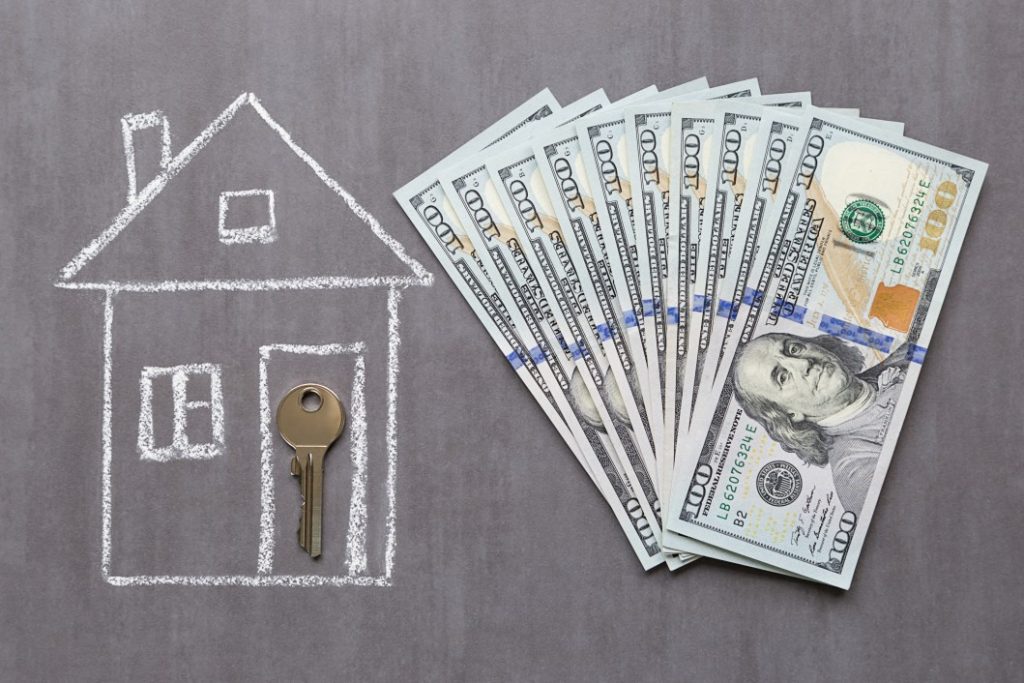The pandemic was a financial boon to people who own houses.
Another 5.2 million people became millionaires in 2020, meaning the current global millionaire total is now 56.1 million. The Credit Suisse researchers that counted all these people up said that a lot of the newly created wealth was linked to home ownership. House prices have gone way up during the pandemic; in Britain they increased by 8.5 percent.
The thing about this type of wealth is that it’s ‘non-investable’, i.e. it can't be easily converted to cash. If a house you bought for £500,000 is now valued at £1,000,000, you’re half-a-million quid richer on paper, but until you actually sell the property you don’t have access to that money and can’t spend it. (There are some equity-release financial instruments, but we won’t go into that here.) That means a lot of these newly-minted millionaires may not feel significantly richer - some may not even have noticed - and they may not have changed their spending habits all that much.
Of course, that doesn’t change the fact that it is becoming increasingly clear that financial inequality has widened during the pandemic. Credit Suisse’s report names two big contributing factors: low interest rates and government support programs. Both, it says, gave a financial boon to people who were already well-off.
Interest is the extra amount of money you pay to the bank when you borrow from them, so low interest rates means loans are cheaper to pay off. People from all income brackets can benefit from this. It makes it easier to pay down that emergency bill you had to stick on a credit card, for instance, and protects jobs because struggling businesses can use low-interest loans to tide them over. But because generally banks will only lend large sums of money, including for mortgages, to people with high salaries or lots of existing wealth, low interest rates are particularly beneficial to richer people.
Similarly, some of the support programs governments put in place during the pandemic put extra money into the pockets of people who hadn’t seen their income negatively affected by the shutdowns. For example, the UK government waived Stamp Duty - a tax you pay when you buy a house - for homes between £125-£500k (it was 5 percent before). That means anyone who was in a position to buy a home last year got possession of a valuable asset while saving thousands of pounds in both tax relief and by being able to take out a low interest-rate mortgage.
Read our explainer on: is home ownership good for the economy?

